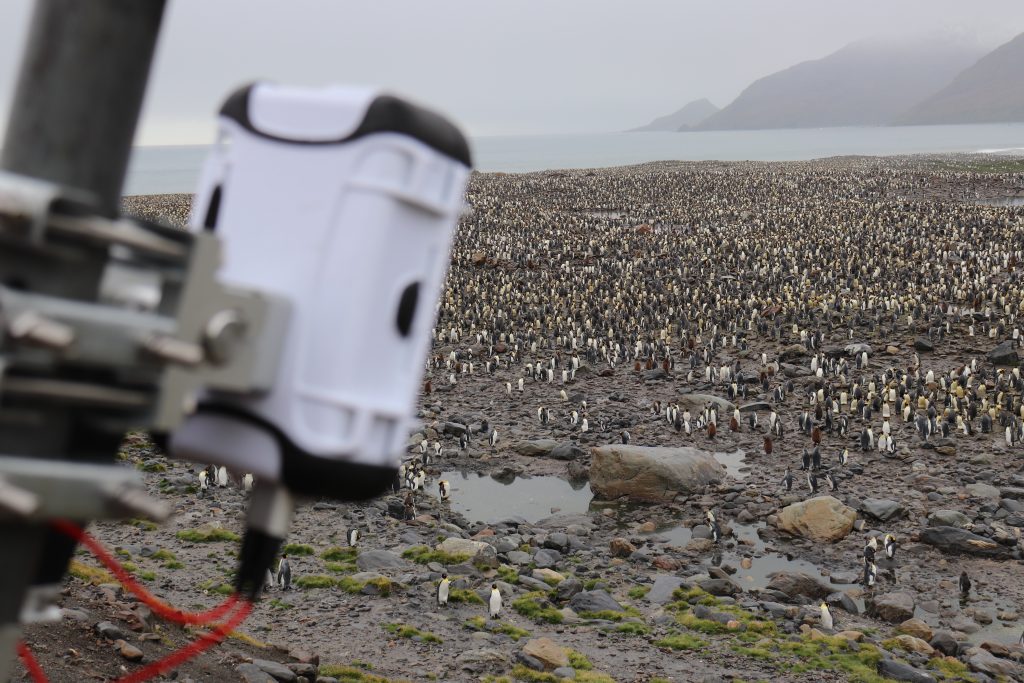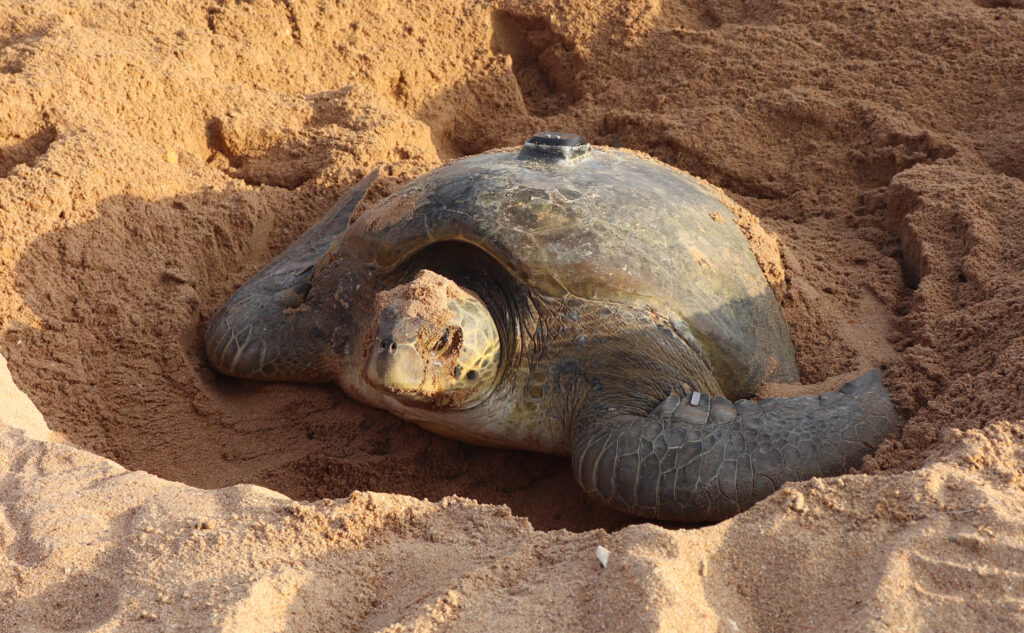One of the key focus areas of our Sustainable Development programme is Technology for Conservation and Natural Capital. Within this we are aiming to catalyse an international conservation technology marketplace for protected area management, in collaboration with global conservation organisations, large technology companies, and the UK space sector.
Arribada Initiative have worked with us on a number of sustainable development projects and is a key partner in our Sat4Wildlife project, which will use satellite-enabled technologies and build infrastructure to support collaboration between conservationists and technology experts to help halt the loss of Kenya’s biodiversity, reduce degradation of habitats and conserve local livelihoods which depend on them.
Arribada co-develop open, customisable, and impact-driven conservation technologies for conservation organisations around the globe, driving down costs and scaling up access to the tools and solutions they need to solve conservation challenges. Some of their most notable work includes tracking plastic waste with the National Geographic Society and working in Antarctica with Penguin Watch to monitor Adele penguin populations.

Their name, “Arribada”, translates to “Arrival” and is a term used to describe the mass nesting phenomenon where tens of thousands of sea turtles nest in synchronisation. They see the arrival of new open conservation technology hardware as a gateway to the development of scalable, cost-effective solutions, with their first product an open source sea turtle tag.

One of Arribada’s focal points is the development of an open access satellite-enabled biologging platform called Horizon. Horizon is a tracker board primarily designed to monitor wildlife, using GPS and accelerometery to understand animal movement and behaviour. Arribada have partnered with Collecte Localisation Satellites (CLS) to design an open Argos ARTIC satellite transmitter reference design, unlocking access to the new Kineis constellation of nanosatellites due for launch in 2021/22.
Through the provision of an easily customisable Argos-ready hardware platform, they aim to streamline the time-to-market for developers and designers seeking to integrate satellite communication capabilities into their own solutions.
The launch of cost-efficient cubesat and nanosatellite constellations has started to enable the tracking of wildlife and environmental assets at scale. Scientists and researchers wanting to track and understand the movement of animals globally are looking for low-cost hardware solutions, coupled with attractive air time/data plans that nanosatellite constellations are starting to provide.
Hybrid space-enabled solutions, such as tracking tags utilising LoRaWAN for terrestrial communication and satellite communications for remote connectivity will also play a role in helping to bridge the gap and maximise the potential of utilising both space and ground-based communication to access the benefits of both.
If you’d like to find out more about Arribada Initative check out the resources below, or visit their website.
